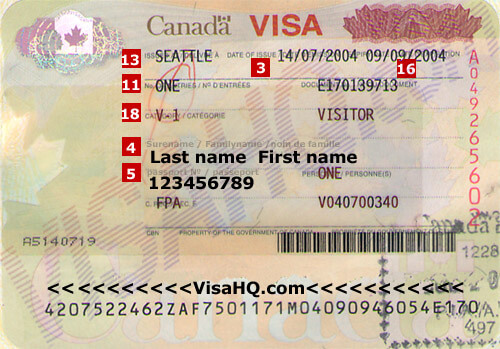Canada Embassy list in Saint Helena
Need help?Chat with us
Why Trip Registration at the Canada Embassy is Important
Registering your trip with the Canada embassy is crucial for ensuring safety, effective communication, and support during emergencies. In the event of natural disasters such as earthquakes or hurricanes, registered travelers can receive timely updates and instructions, enhancing their chances of safety. Similarly, during instances of political unrest, having your trip registered allows the embassy to assist you in navigating uncertain environments effectively. For medical emergencies, being registered can facilitate communication between travelers and healthcare providers, ensuring that appropriate consular support is available. Overall, trip registration acts as a vital lifeline, offering peace of mind and access to critical resources when you need them most.
Canada Embassy FAQs
Can the Canada embassy assist in legal issues abroad? Yes, the Canada embassy can provide assistance regarding legal issues, including referrals to local legal counsel and information about local laws, although they cannot intervene in legal matters directly.
What should I do if I lose my Canada passport in Saint Helena, Ascension and Tristan da Cunha? If you lose your Canada passport, immediately report the loss to local authorities and contact the Canada embassy for guidance on obtaining a replacement passport.
How can the embassy help if I’m detained abroad? The Canada embassy can offer guidance, ensure you receive fair treatment, and facilitate communication with family or legal representatives.
What types of visas can the embassy help with? The embassy can provide information on visa requirements and processes for Canada as well as assist foreign nationals seeking to visit or stay in Canada.
Can the embassy help with lost or stolen property? While the embassy cannot retrieve lost or stolen property, they can provide guidance on how to report the loss and seek assistance from local authorities.
Services Provided by Canada Embassies in Saint Helena, Ascension and Tristan da Cunha
Passport Services
- Issuance of new passports
- Renewal of existing passports
- Lost passport replacement
Visa Issuance for Foreign Nationals
- Processing of visa applications
- Providing visa information and requirements
Assistance in Legal or Medical Emergencies
- Referral to local legal counsel
- Assistance during medical emergencies
Travel Alerts and Safety Updates
- Issuing travel advisories
- Providing safety information and updates
Support for Nationals Detained Abroad
- Guidance and support for detained Canadians
- Coordination with local authorities
Summarized Diplomatic Presence
Canada maintains a diplomatic presence in Saint Helena, Ascension and Tristan da Cunha, primarily through its high commission located in other regional locations. These diplomatic missions serve critical functions, including facilitating trade, cultural exchanges, and providing consular assistance to Canadians abroad. Through consistent communication and engagement, these missions foster the bilateral relationship between Canada and these territories, enhancing cooperation in various sectors. While the missions primarily focus on supporting Canadians, they also play a vital role in promoting international relations and understanding.
